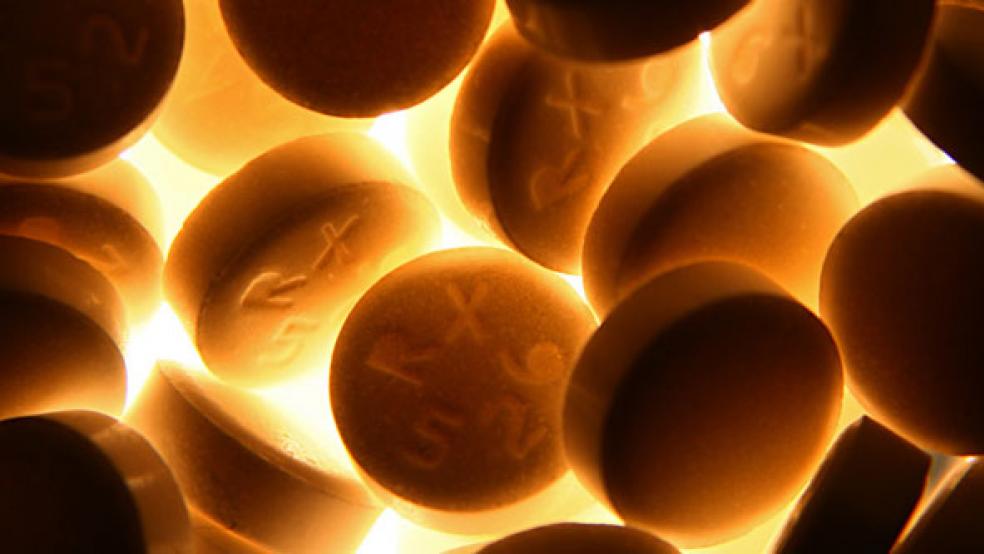The Trump administration has pushed to speed up the approval process for generic drugs as part of its strategy to lower drug prices. A recent study by PwC found that the Food and Drug Administration is working at a record pace, approving more than 1,600 generic drugs since the beginning of 2017, a roughly 30 percent increase over the previous two-year period.
However, a new analysis by Kaiser Health News found a problem with the administration’s strategy: Many of the approved generics are not available for sale in the U.S. – “meaning that many patients are deriving little practical benefit from the administration’s efforts,” KHN’s Sydney Lupkin and Jay Hancock write.
Of the 1,600 generic drugs approved since January 2017, more than 700 were not on the market as of January 2019. “The approved generics that haven’t made it to American medicine cabinets include generic versions of expensive medicines like the blood thinner Brilinta and HIV medication Truvada,” Lupkin and Hancock write. “They also include six different generic versions of Nitropress, a heart failure drug, whose price spiked 310 percent in 2015.”
FDA Commissioner Scott Gottlieb said the failure to get drugs to market “a real problem because we’re not getting all the expected competition.” And it won’t be an easy problem to fix, Lupkin and Hancock say, given the complex set of factors involved, including the threat of litigation from brand-name drug owners, uncertain business conditions and industry consolidation.




